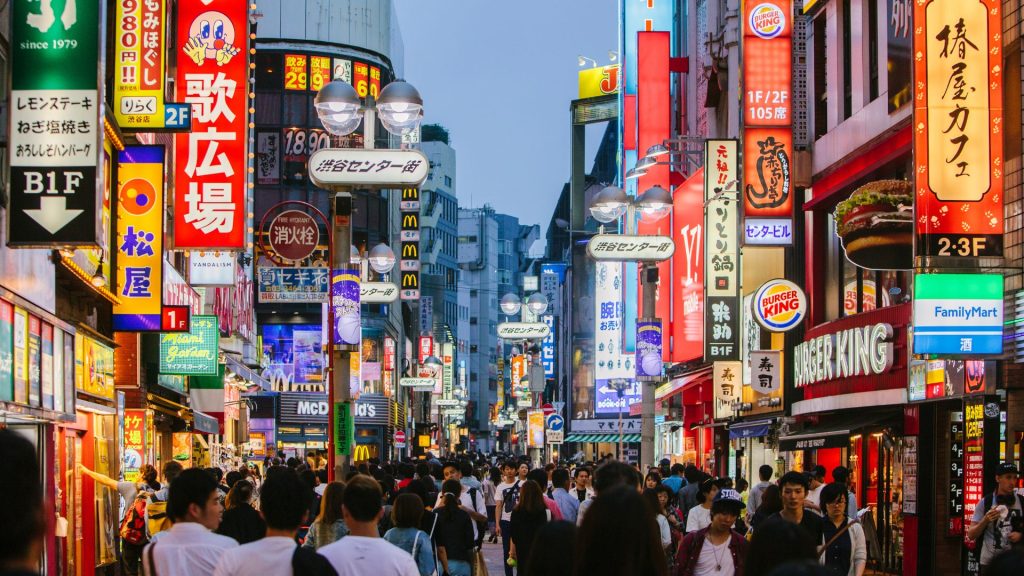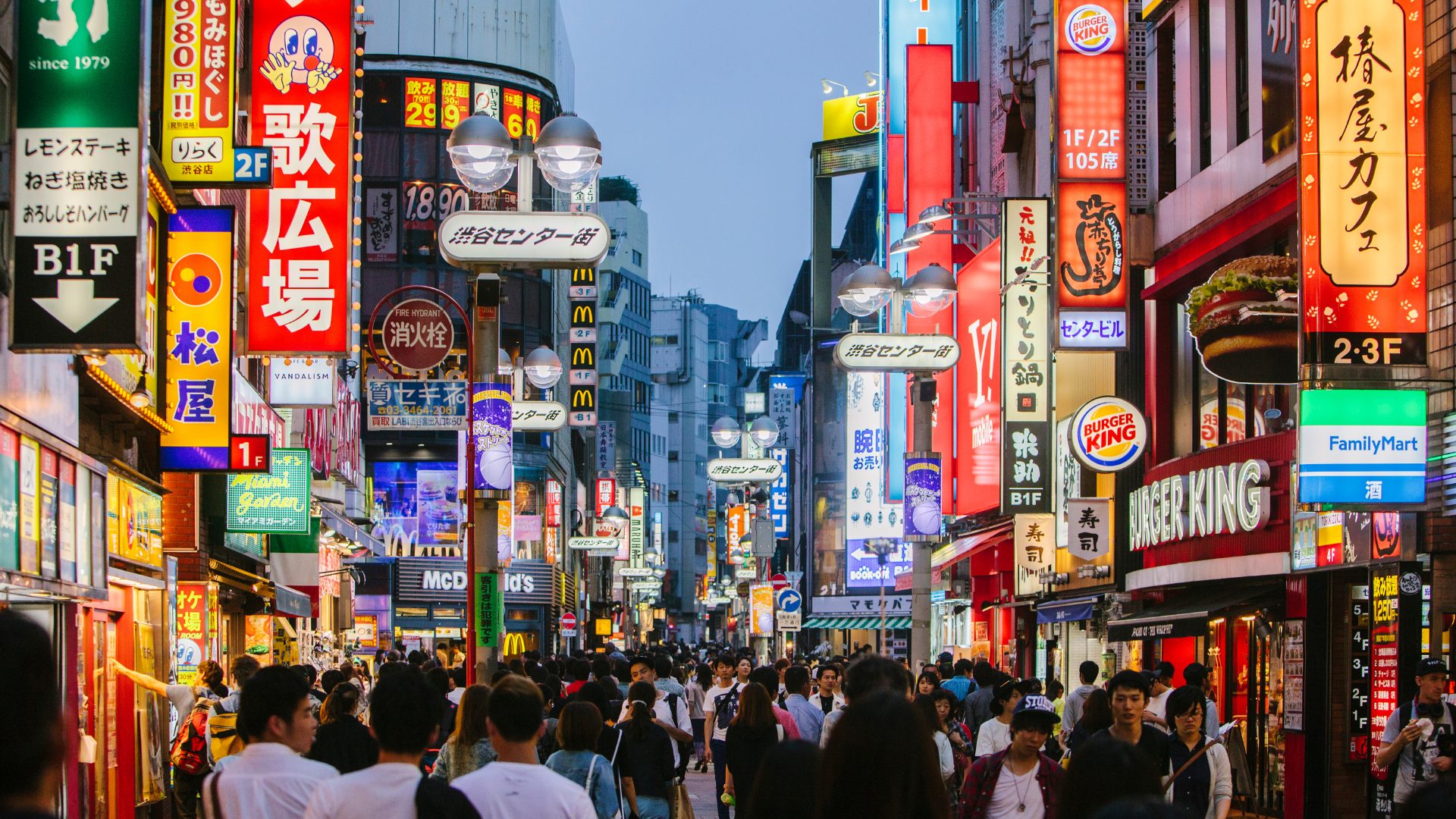Studying at a University in Japan: A Comprehensive Guide

Japan, an island nation located in East Asia, is renowned for its unique culture, technological advancements, and strong economy. It is also becoming an increasingly popular destination for international students due to its high-quality education system and vibrant cultural experiences. In this guide, we’ll take a deep dive into what it means to study at a university in Japan, covering everything from education structure and costs to top universities and the application process.
Introduction to Japan’s Higher Education System
Japan has a well-established higher education system, characterized by a combination of rigorous academic standards, a wide variety of institutions, and a commitment to innovation and research. The country ranks 19th in the Human Development Index (HDI) and 40th in the World Happiness Report, reflecting its high standard of living and overall quality of life. With a population of around 126 million, Japan offers a culturally rich environment that is ideal for both academic and personal growth.
The capital city, Tokyo, is home to many prestigious universities, but other major cities like Kyoto and Osaka also house significant institutions known for their academic excellence and historical significance. In this guide, we’ll explore the different universities in Japan, tuition fees, scholarship options, and what it takes to be admitted to a Japanese university as an international student.

Types of Universities in Japan
Japan hosts three main types of universities: national, public, and private institutions.
- National Universities are established and funded by the Japanese government. These institutions are known for their focus on research and are generally more affordable compared to private universities. The University of Tokyo is one prominent example of a national university.
- Public Universities are funded by local municipalities or prefectures. These universities offer quality education at a moderate cost and are typically more regionally focused.
- Private Universities make up approximately 75% of all universities in Japan and receive funding from private organizations. While these universities can be more expensive, they often offer specialized programs that attract international students.
According to the QS World University Rankings, Japan has 39 universities listed in the top 1000, with 10 universities in the top 250. These institutions, such as the University of Tokyo and Kyoto University, have gained global recognition for their strong academic programs and contributions to research.
Top Universities in Japan
Here are some of the top universities in Japan, as listed in the QS World University Rankings:
- University of Tokyo: Ranked 23rd globally, this university is not only a leader in Japan but also holds a strong reputation worldwide. It is particularly known for its research output and comprehensive undergraduate and postgraduate programs.
- Kyoto University: Ranked 33rd, Kyoto University is one of Japan’s oldest universities and has produced several Nobel Prize winners. It is well-regarded for its focus on natural sciences and engineering.
- Tokyo Institute of Technology: At 56th in the rankings, this institute specializes in technology and engineering, offering top-notch research facilities and collaborations with industries.
- Osaka University: Ranked 75th, Osaka University is known for its vibrant campus culture and interdisciplinary approach to learning, with a strong emphasis on humanities, science, and technology.
Other notable universities include Tohoku University, Nagoya University, Kyushu University, Hokkaido University, Keio University, and Waseda University.
Application Process and Admission Requirements
Applying to universities in Japan as an international student involves a few distinct steps and examinations. Most universities require international students to take the Examination for Japanese University Admission for International Students (EJU). This test assesses academic skills in areas like science, mathematics, and general knowledge about Japan and the world. EJU scores are accepted by 95% of national universities, 65% of public universities, and 44% of private universities.
In addition to the EJU, many universities require an additional entrance exam, which may need to be taken in person in Japan. These entrance exams often vary by institution and program.
Documents required for the application typically include:
- Academic transcripts
- Proof of financial stability
- Letters of recommendation
- A valid passport
- Passport-sized photographs
Additionally, students may need to demonstrate language proficiency in either Japanese (through the JLPT) or English (through exams like TOEFL, IELTS, or PTE Academic), depending on the program’s language of instruction.
Cost of Studying in Japan
The cost of studying in Japan can vary significantly depending on the type of university and the program. Below is an overview of typical expenses:
- National Universities: Typically have an admission fee of 282,000 JPY and an annual tuition fee of around 535,800 JPY.
- Public Universities: Similar to national universities, with slight variations depending on the prefecture.
- Private Universities: These can be more expensive, with fees ranging from 700,000 JPY to 1,500,000 JPY per year, depending on the field of study.
In addition to tuition fees, students must budget for entrance examination fees, which can range from 7,650 JPY to 14,040 JPY. Many universities also have specific application fees for their internal exams.
Scholarships for Studying in Japan
One of the major attractions of studying in Japan is the availability of scholarships, particularly through the MEXT (Ministry of Education, Culture, Sports, Science, and Technology) Scholarship. This government-sponsored scholarship covers not only tuition fees but also provides a monthly stipend and a one-way flight ticket to Japan.
The MEXT scholarship amounts vary based on the level of study:
- Undergraduate students: Approximately 117,000 JPY per month.
- Master’s students: Around 144,000 JPY per month.
- Doctoral students: About 145,000 JPY per month.
Other private scholarships are also available, such as those offered by JASSO (Japan Student Services Organization) and various private foundations. These scholarships can help significantly reduce the financial burden of studying in Japan.
Living Expenses in Japan
Japan is known for its relatively high cost of living, especially in major cities like Tokyo and Osaka. Here are some typical living expenses:
- Accommodation: Renting a single-room apartment in Tokyo can cost anywhere from 57,000 JPY to 83,000 JPY per month, while university dormitories are generally more affordable, with prices starting around 5,900 JPY per month.
- Food: A meal at an inexpensive restaurant will cost around 900 JPY, while basic grocery items like milk (195 JPY per liter), rice (513 JPY per kg), and bread (220 JPY for 500g) are also priced relatively high compared to other countries.
- Transportation: Monthly public transportation passes cost around 220 JPY, while taxis start at 640 JPY for the first kilometer.
Top Universities and Their Accommodation Options
- University of Tokyo: While it does not provide direct dormitory options, the university assists students in finding quality, affordable housing through its housing office.
- Kyoto University: Offers dormitories for international students, subject to availability and certain conditions. The rent is relatively affordable, and a lease agreement is signed upon acceptance.
- Osaka University: Offers several dormitory options, such as Taneyama Men’s Dormitory, where a 10 m² apartment costs 5,900 JPY per month, and Toyonaka Dormitory, where single rooms and family apartments range from 16,000 JPY to 18,000 JPY per month.
Cultural Experience and Life in Japan
Beyond academics, studying in Japan offers a unique cultural experience. Students have the opportunity to immerse themselves in traditional Japanese culture, from tea ceremonies and flower arranging (ikebana) to experiencing Japan’s famous festivals and cuisine. Major cities like Tokyo, Kyoto, and Osaka are bustling with activities, historic sites, and opportunities to learn more about the country’s rich history.
International students often find it rewarding to explore the juxtaposition of modernity and tradition in Japan—a country that boasts both cutting-edge technology and centuries-old cultural practices. Many universities also provide language exchange programs and cultural clubs to help students integrate and make the most out of their time in Japan.
Conclusion
Studying in Japan can be a life-changing experience, providing access to world-class education, unique cultural experiences, and new career opportunities. While the application process can be rigorous and the cost of living may seem high, the availability of scholarships and affordable public university options make Japan an attractive destination for international students.
If you’re considering studying in Japan, start by researching universities that align with your academic and career goals, prepare for the necessary entrance exams, and make sure you understand the financial requirements. There are countless opportunities waiting in Japan—all it takes is the first step.
Related Articles You May Be Interested In:
- “The Benefits of Learning Japanese While Studying Abroad”
- “Top Scholarships for International Students in Asia”
- “How to Prepare for the EJU: A Complete Guide”
Are you ready to take the leap and experience education in Japan? Start planning your application today, and take advantage of the opportunities waiting for you in one of the world’s most dynamic countries.

